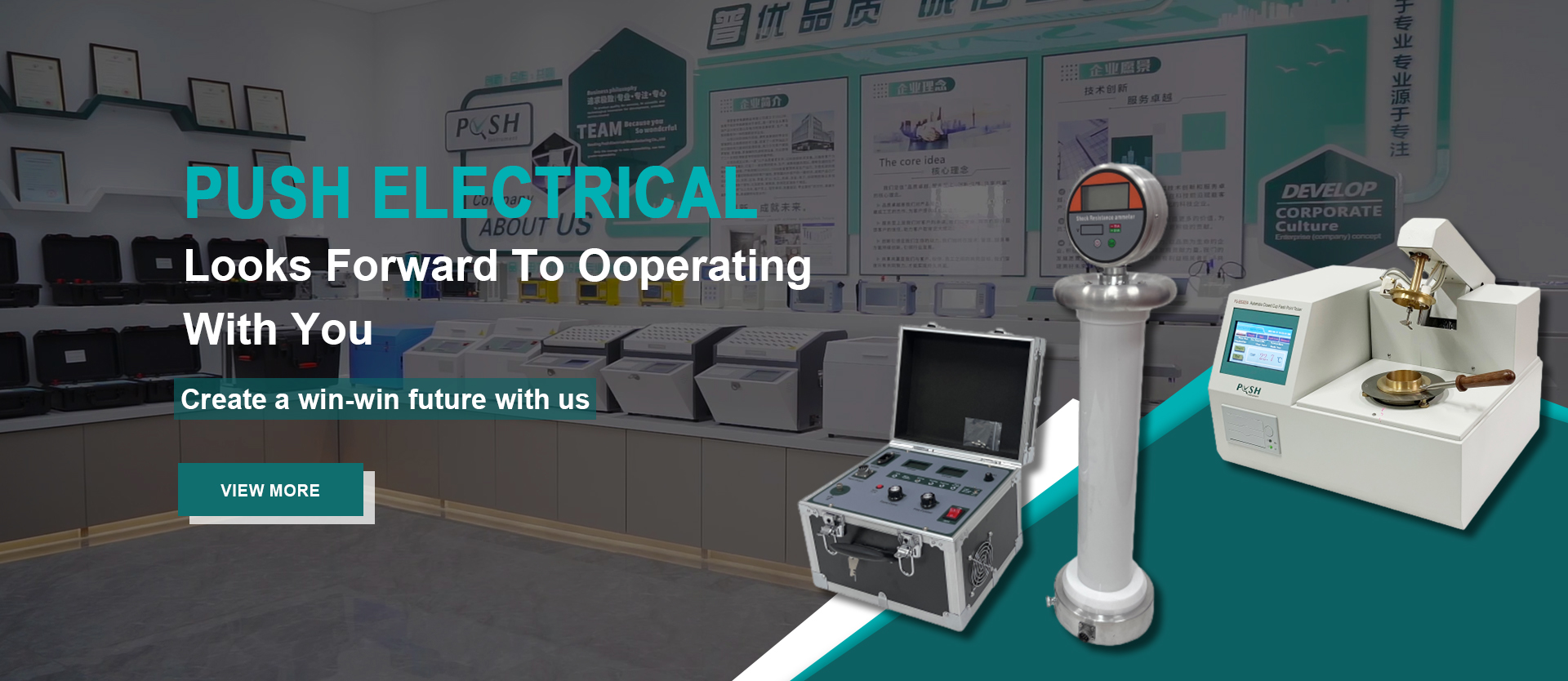 English
English



-
 Afrikaans
Afrikaans -
 Albanian
Albanian -
 Amharic
Amharic -
 Arabic
Arabic -
 Armenian
Armenian -
 Azerbaijani
Azerbaijani -
 Basque
Basque -
 Belarusian
Belarusian -
 Bengali
Bengali -
 Bosnian
Bosnian -
 Bulgarian
Bulgarian -
 Catalan
Catalan -
 Cebuano
Cebuano -
 China
China -
 China (Taiwan)
China (Taiwan) -
 Corsican
Corsican -
 Croatian
Croatian -
 Czech
Czech -
 Danish
Danish -
 Dutch
Dutch -
 English
English -
 Esperanto
Esperanto -
 Estonian
Estonian -
 Finnish
Finnish -
 French
French -
 Frisian
Frisian -
 Galician
Galician -
 Georgian
Georgian -
 German
German -
 Greek
Greek -
 Gujarati
Gujarati -
 Haitian Creole
Haitian Creole -
 hausa
hausa -
 hawaiian
hawaiian -
 Hebrew
Hebrew -
 Hindi
Hindi -
 Miao
Miao -
 Hungarian
Hungarian -
 Icelandic
Icelandic -
 igbo
igbo -
 Indonesian
Indonesian -
 irish
irish -
 Italian
Italian -
 Japanese
Japanese -
 Javanese
Javanese -
 Kannada
Kannada -
 kazakh
kazakh -
 Khmer
Khmer -
 Rwandese
Rwandese -
 Korean
Korean -
 Kurdish
Kurdish -
 Kyrgyz
Kyrgyz -
 Lao
Lao -
 Latin
Latin -
 Latvian
Latvian -
 Lithuanian
Lithuanian -
 Luxembourgish
Luxembourgish -
 Macedonian
Macedonian -
 Malgashi
Malgashi -
 Malay
Malay -
 Malayalam
Malayalam -
 Maltese
Maltese -
 Maori
Maori -
 Marathi
Marathi -
 Mongolian
Mongolian -
 Myanmar
Myanmar -
 Nepali
Nepali -
 Norwegian
Norwegian -
 Norwegian
Norwegian -
 Occitan
Occitan -
 Pashto
Pashto -
 Persian
Persian -
 Polish
Polish -
 Portuguese
Portuguese -
 Punjabi
Punjabi -
 Romanian
Romanian -
 Russian
Russian -
 Samoan
Samoan -
 Scottish Gaelic
Scottish Gaelic -
 Serbian
Serbian -
 Sesotho
Sesotho -
 Shona
Shona -
 Sindhi
Sindhi -
 Sinhala
Sinhala -
 Slovak
Slovak -
 Slovenian
Slovenian -
 Somali
Somali -
 Spanish
Spanish -
 Sundanese
Sundanese -
 Swahili
Swahili -
 Swedish
Swedish -
 Tagalog
Tagalog -
 Tajik
Tajik -
 Tamil
Tamil -
 Tatar
Tatar -
 Telugu
Telugu -
 Thai
Thai -
 Turkish
Turkish -
 Turkmen
Turkmen -
 Ukrainian
Ukrainian -
 Urdu
Urdu -
 Uighur
Uighur -
 Uzbek
Uzbek -
 Vietnamese
Vietnamese -
 Welsh
Welsh -
 Bantu
Bantu -
 Yiddish
Yiddish -
 Yoruba
Yoruba -
 Zulu
Zulu
GCMS Analysis Techniques for Enhanced Testing Accuracy and Efficiency
Understanding GCMS Testing A Comprehensive Overview
Gas Chromatography-Mass Spectrometry (GC-MS) is a powerful analytical technique that combines two established methods for the separation and identification of chemical compounds. Widely used in various fields, including environmental monitoring, pharmaceuticals, and forensics, GC-MS plays a critical role in qualitative and quantitative analysis.
What is GC-MS?
GC-MS is a technique that involves two primary steps gas chromatography (GC) and mass spectrometry (MS).
1. Gas Chromatography In this initial phase, a sample mixture is vaporized and injected into a chromatography column. The column contains a stationary phase, usually a liquid on a solid support, which facilitates the separation of the components based on their volatility and interaction with the stationary phase. As the sample passes through the column, different compounds elute at different times, known as retention times.
2. Mass Spectrometry Once the compounds are separated in the gas chromatograph, they enter the mass spectrometer, where they are ionized, fragmented, and detected. The mass spectrometer measures the mass-to-charge ratio of the ions generated, allowing for the identification of individual compounds based on their unique mass spectra.
Advantages of GC-MS
The combination of GC with MS offers several advantages
- Sensitivity and Specificity GC-MS can detect compounds at very low concentrations, making it ideal for trace analysis. The specificity provided by mass spectrometry allows for the accurate identification of compounds even in complex mixtures.
- Speed and Efficiency The method can analyze samples quickly, making it suitable for high-throughput testing environments. GC-MS often results in quicker turnaround times for results compared to other analytical methods.
gcms testing

- Wide Range of Applications GC-MS is versatile and can analyze a vast array of samples, including volatile and semi-volatile organic compounds, pesticides, drugs, and food contaminants.
Applications of GC-MS
1. Environmental Monitoring GC-MS is extensively used to analyze environmental samples such as soil, air, and water for pollutants and contaminants. It helps regulatory bodies assess environmental health and safety by identifying harmful chemicals in ecosystems.
2. Pharmaceuticals In the pharmaceutical industry, GC-MS is used for drug analysis, quality control, and stability testing. It helps in ensuring that the pharmaceutical products meet the required standards and regulations.
3. Forensic Science GC-MS is a vital tool in forensic laboratories for the analysis of evidence related to drug use, toxicology, and crime scene investigations. It can identify substances present in biological samples, aiding law enforcement in criminal cases.
4. Food Industry In food safety, GC-MS is employed to detect pesticide residues, flavor compounds, and contaminants in food products. This ensures consumer safety and compliance with food safety regulations.
Challenges and Limitations
While GC-MS is a powerful analytical tool, it is not without its challenges. Some compounds, particularly those that are thermally labile or non-volatile, may degrade or not volatilize properly, leading to incomplete analysis. Additionally, sample preparation can be time-consuming, and complex matrices may require advanced techniques to extract the analytes effectively.
Conclusion
GC-MS is an indispensable tool in modern analytical chemistry, offering unmatched capabilities for the separation and identification of chemical substances. Its applications across various industries highlight its importance in ensuring safety, compliance, and quality. Despite certain limitations, ongoing advancements in technology and methodology continue to enhance the efficacy of GC-MS, making it even more relevant in addressing contemporary challenges in science and industry. Whether in a laboratory or field setting, GC-MS remains a cornerstone of chemical analysis, paving the way for critical discoveries and innovations.
-
Ensuring Transformer Reliability with High-Precision Turns Ratio TestingNewsJul.18,2025
-
Ensuring SF₆ Gas Safety: Introducing PUSH’s Integrated SF₆ Analyzer for Dew Point, Purity, and Decomposition MonitoringNewsJul.10,2025
-
Exploring the Main Types of Industrial Endoscopes and Their Applications Across IndustriesNewsJul.04,2025
-
Testing Equipment Industry Sees Major Advancements in 2025: Smart & Precision Technologies Lead the WayNewsJun.06,2025
-
Applications of Direct Current Generators in Renewable Energy SystemsNewsJun.05,2025
-
Hipot Tester Calibration and Accuracy GuidelinesNewsJun.05,2025



